Last Updated on August 2, 2021
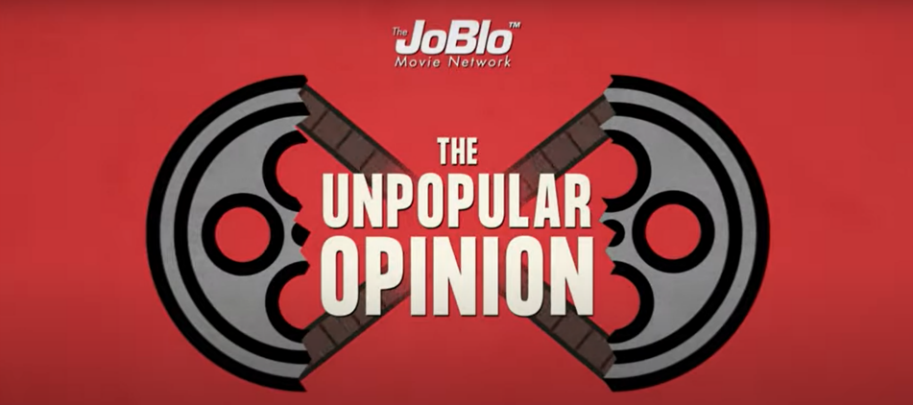
THE UNPOPULAR OPINION is an ongoing column featuring different takes on films that either the writer HATED, but that the majority of film fans LOVED, or that the writer LOVED, but that most others LOATHED. We're hoping this column will promote constructive and geek fueled discussion. Enjoy!
****SOME SPOILERS ENSUE****
Love it or hate it, the HARRY POTTER franchise is one of the biggest fanbases of all time. After seven novels and eight films, J.K. Rowling expanded her Wizard World to the prequel series centered on Newt Scamander. FANTASTIC BEASTS AND WHERE TO FIND THEM was a modest hit for Warner Bros and launched a proposed five-film arc set in the early days of the 20th Century. While the first movie focused on Eddie Redmayne's adventures in the United States, the closing minutes introduced Johnny Depp as the villainous Gellert Grindelwald, the evilest wizard up to Lord Voldemort (Ralph Fiennes). For the sequel, FANTASTIC BEASTS: THE CRIMES OF GRINDELWALD, the prequel series changed directions slightly and the results were less successful at the box office. While fans and critics were disappointed with this new Dumbledore/Grindelwald focused follow-up, I contend that it is the story Rowling was always intending to tell and she may have chosen the wrong main character to tell it.
FANTASTIC BEASTS: THE CRIMES OF GRINDELWALD feels, in many ways, like George Lucas' STAR WARS prequels or Peter Jackson's THE HOBBIT. Replicating the look, tone, and feel of a blockbuster franchise, FANTASTIC BEASTS tried to emulate the HARRY POTTER movies but without the vital coming of age focus on young children as they grew up to become wizards and fight the forces of evil. Instead, the main cast of these movies are all adults already grown into their powers and purpose in life. Next Scamander is a defender of obscure and endangered species and his journey brings him face to face with Creedence Barebone (Ezra Miller), a powerful being known as an Obscurial that catches the attention of Grindelwald. When Grindelwald is revealed, audiences instantly knew where the rest of the series would be headed, but why do so under the guise of FANTASTIC BEASTS? Well, the famed showdown between Albus Dumbledore (Jude Law) and Grindelwald is known to Potter fans as the most intense duel in recorded history. With that being the final chapter in this saga, how do you fill the rest of the running time for four films?
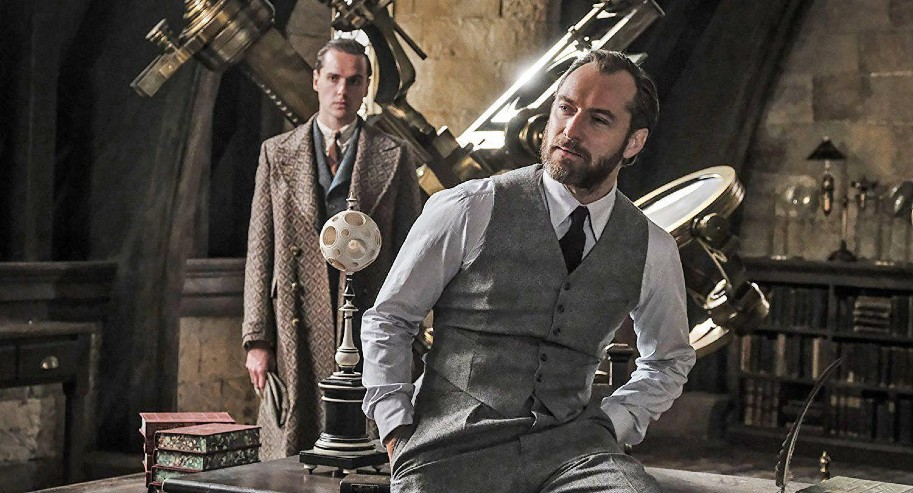
THE CRIMES OF GRINDELWALD is a bit of a misnomer, almost as much as FANTASTIC BEASTS is. This movie does not actually feature anything worthy of that subtitle despite Grindelwald escaping from jail, having his minions kill some muggles/no-majs in Paris, and accumulating a virtual army of followers. This movie is, again, set up for what is to come in the franchise. Where the first FANTASTIC BEASTS was a fun romp that served almost as a standalone story, THE CRIMES OF GRINDELWALD works as a table-setting for the drawing of sides between Dumbledore and his former friend. This works well because the rip-roaring pace of the first film was far too pleased with cramming in dozens of tidbits, easter eggs, and magical lore elements to show us the North American side of the Wizarding World. This film still expands on the mythos but by shifting the tale to Paris, the feel comes closer to a mature spin on the original HARRY POTTER movies. Yes, there are fantastic beasts, but they take a backseat to instead focus on the coming Wizarding War.
To be fair, the Harry Potter movies were never the most streamlined narratives. Because the feature films were downsized from novels that regularly ran over four to five-hundred pages in length, there were numerous subplots that were excised from the narratives. But, while Peter Jackson filmed missing scenes and reinserted them into his director's cuts, lots of Potter elements never made it to screen. On FANTASTIC BEASTS, Rowling herself served as screenwriter and did not base the films on existing plots. Because of this, THE CRIMES OF GRINDELWALD feels noticeably more focused on the details of how the Wizarding World operates. For me, that is the most fascinating aspect of her creation as it pulls us into using our suspension of disbelief. Because of this glut of exposition, FANTASTIC BEASTS: THE CRIMES OF GRINDELWALD is a necessary delay in propelling the action forward. We must learn about Lela Lestrange (Zoe Kravitz), Theseus Scamander (Callum Turner), Nagini (Claudia Kim), Yusuf Kama (William Nadylam), and the true origins of Creedence's family.
The consensus of many was that FANTASTIC BEASTS: THE CRIMES OF GRINDELWALD serves as a cash grab with no real target audience in mind. There is a lot of plot, absolutely, but there is also a lot of emotional investment in the characters as they head to their final fates. Newt Scamander, more than even Harry Potter himself, is a surrogate for audiences to this pivotal story in the mythology of this cinematic universe. Eddie Redmayne's nebbish approach to playing Newt is less apparent here as he grows more confident in himself. We also see Queenie Goldstein (Alison Sudol) as a more nuanced presence as she weighs her love for Jacob against her magical allegiance, Tina (Katherine Waterston) confronts her feelings for Newt with her duties as an Auror, and Jacob Kowalski (Dan Fogler) is more than a caricature of a muggle gaping at magic and is instead a motivated character and active party in the story. All of these characters now exist in the story rather than being along for the ride. Even Jude Law's limited screen time as Albus Dumbledore adds some nuance to the performances from Richard Harris and Michael Gambon in the HARRY POTTER movies while his indirectly romantic relationship with Grindelwald remains an unspoken dimension surely to be explored in later sequels.
The special effects here under the guidance of director David Yates, on his sixth turn as a helmer of a Wizard World property, fill the screen with movie magic as they visualize a scale and grandeur that matches J.K. Rowling's ambitions for the film. The post-World War I look of Paris feels natural and tangible even as the stakes increase. The plot device of religious fundamentalism hinted at by Samantha Morton's character in the first movie takes on more importance here as Grindelwald's end goal of pure blood dominance feels even more dangerous than Voldemort's did in HARRY POTTER. Even James Newton Howard's score takes the familiar Potter themes and blends them with new music that combines early 20th century rhythms with sweeping orchestral cues. Clocking in at just a bit over two hours, this movie does manage to deliver quite a bit compared to longer running films in the overall franchise.
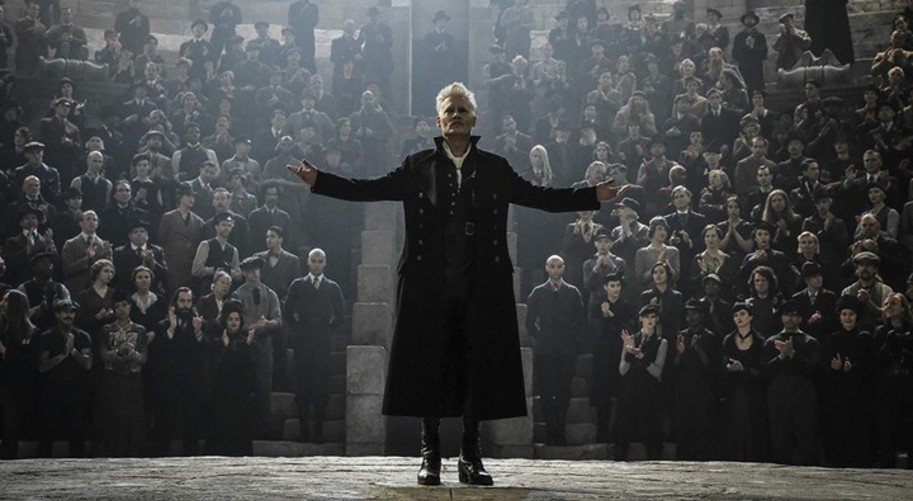
There is a balance in FANTASTIC BEASTS: THE CRIMES OF GRINDELWALD between the large scale set pieces with more intimate character moments. While the concluding plot twist that Creedence may in fact be Dumbledore's long-lost brother Aurelius feels a bit tacked on, the numerous quiet scenes make up for it. The separation of Jacob and Queenie is gut-wrenching as are the childhood flashbacks featuring Newt and Leta at Hogwarts, Leta's tragic sea journey, and her eventual death in front of the Scamander brothers. THE CRIMES OF GRINDEWALD is an incomplete film because we don't know where the story is going. The HARRY POTTER movies already had their narrative written out in advance which allowed those familiar with the books to anticipate what came next and for newcomers, they could trust the story was headed to a predetermined conclusion. J.K. Rowling already knows what will happen to Newt Scamander and his fellow wizards, witches, and no-maj friends. We need to trust where things will end up along the way and until then we can enjoy this spectacle for what it is: an adventure in the middle of a longer journey.
But hey, that's just my UnPopular Opinion. Tell us your take on FANTASTIC BEASTS: THE CRIMES OF GRINDELWALD in the comments below.







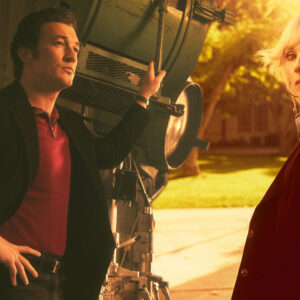
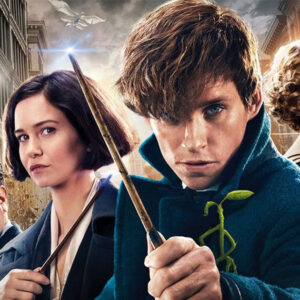
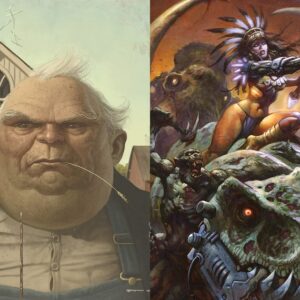
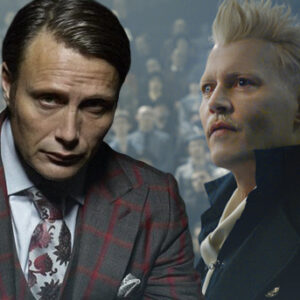







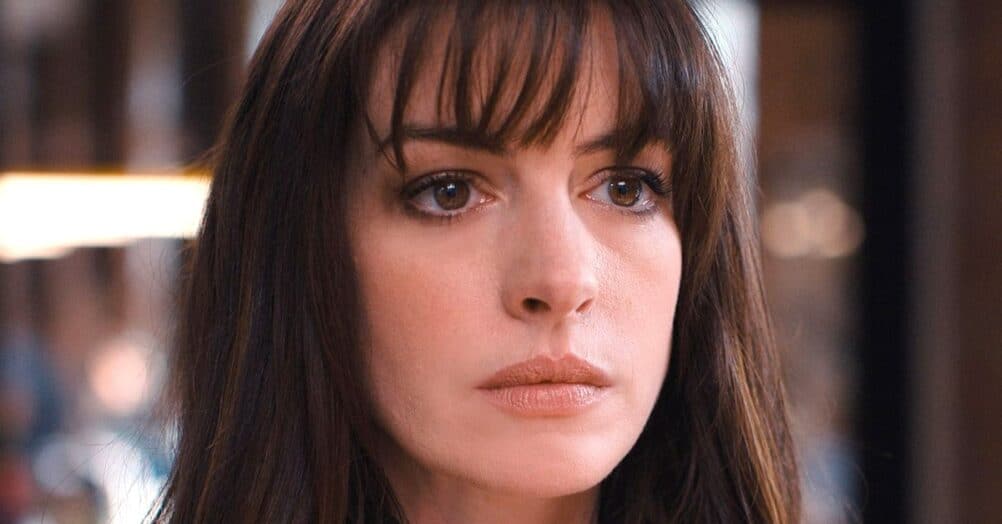


Follow the JOBLO MOVIE NETWORK
Follow us on YOUTUBE
Follow ARROW IN THE HEAD
Follow AITH on YOUTUBE